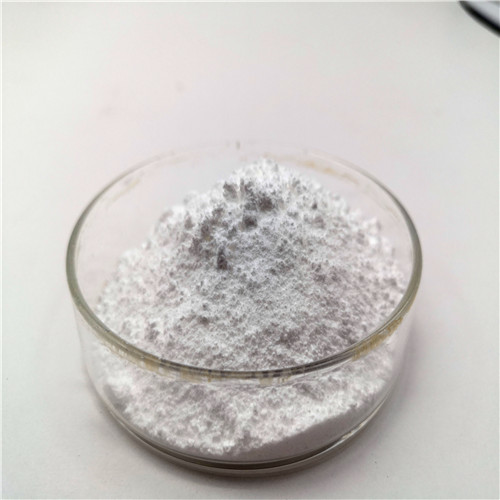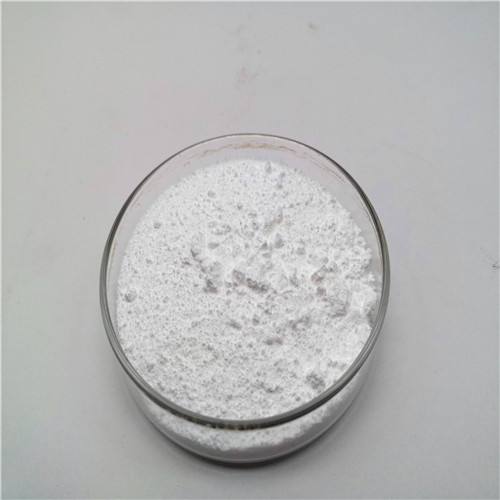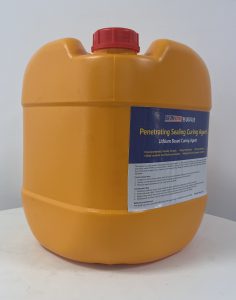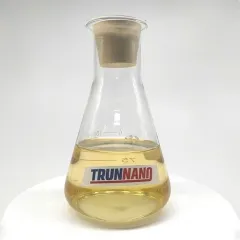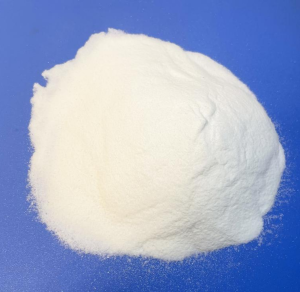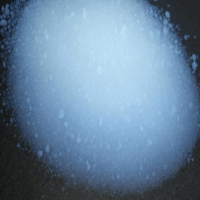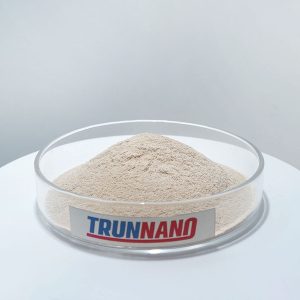Professional solutions on concrete addtives, Concrete Foaming Agent, Superplasticizer, CLC Blocks Additives, and foaming machine
(How to use concrete antifreeze?)
Difference between concrete early strength agent and antifreezing agent
Early strength agent:
The admixture which can accelerate the development of early strength of concrete is called early strength agent. In practical use, most of them are compound early strength agents, and inorganic salts are disadvantageous to the later strength of concrete; chloride early strength agents will cause steel bar corrosion; sulfate early strength agents may produce volume expansion and reduce the durability of concrete; sodium salt early strength agent will increase the alkali content in concrete and produce alkali-aggregate reaction with active silica aggregate. Excessive addition of early strength agent, although the early effect of concrete is good, but the later strength loss is large, salting out aggravates the impact of concrete finish, increase the electrical conductivity of concrete and increase the risk of shrinkage and cracking of concrete. The main components of concrete early strength agent are sodium chloride, calcium chloride, sodium sulfate, calcium sulfate, aluminum sulfate, potassium dichromate, triethanolamine, triisopropanolamine, methanol, ethanol, calcium formate, lithium oxalate, sodium acetate and so on.
Antifreezing agent:
The concrete antifreeze admixture which can harden the concrete at negative temperature and achieve the expected performance under specified curing conditions is called antifreeze. The vast majority of antifreeze admixtures are compound admixtures, and the amount of inorganic salts in early strength components and antifreeze components should be controlled, otherwise improper use will cause strength inversion, steel bar corrosion and alkali-aggregate reaction of concrete in the later stage. The main components of concrete antifreeze are antifreeze components (such as sodium nitrite, sodium chloride, methanol, urea, calcium chloride, potassium carbonate, etc.), air-entraining components (such as rosin soap, rosin thermal polymer, sodium alkyl sulfonate, etc.), early strength components (such as sodium sulfate, calcium chloride, calcium nitrate, triethanolamine, etc.), water reducing components (such as naphthalene series, melamine, aminosulfonic acid, etc.).
It is stipulated in the Technical Specification for the Application of concrete admixtures:
1. Early strength agent or early strength superplasticizer can be used when the daily minimum temperature is 0 ℃ and the concrete is covered with plastic film and thermal insulation material.
2. When the daily minimum temperature is-5 ℃,-10 ℃, and-15 ℃, respectively, the antifreeze at-5 ℃,-10 ℃ and-15 ℃ should be used.
Thus it can be seen that the early strength agent is suitable for any low temperature weather. The antifreeze will only be used with the early strength agent when the minimum temperature is lower than-5 ℃.
How to use concrete antifreeze?
When using cement antifreeze, you need to add antifreeze according to the weight of cement, then clean the mixer, add sand and stone and hot water to stir, then add cement and antifreeze, and finally cover the sand and stone with canvas or plastic sheeting to prevent thawing.
General Portland cement or slag Portland cement is appropriate. The production date of cement cannot exceed 2 months. Note that the cement must be more than 32.5 and must be stored in a greenhouse the day before use. Remove the stains on the formwork and steel bar surface before construction and carry out maintenance. Aggregate: the quality of sand and gravel used should comply with the relevant national regulations on winter construction, and ice and snow and other icing materials should not be included in the aggregate.
Addition: 40.6% can be added at 0 ℃ and 5 ℃.
5-8% content can be added at-5-10 ℃.
8-10% concrete can be mixed at-10-15 ℃.
Concrete Additives Supplier
TRUNNANO is a reliable concrete additives manufacturer with over 12-year experience in nano-building energy conservation and nanotechnology development.
If you are looking for high-quality concrete additives, please feel free to contact us and send an inquiry. (sales@cabr-concrete.com)
We accept payment via Credit Card, T/T, West Union, and Paypal. TRUNNANO will ship the goods to customers overseas through FedEx, DHL, by air, or by sea.
(How to use concrete antifreeze?)


